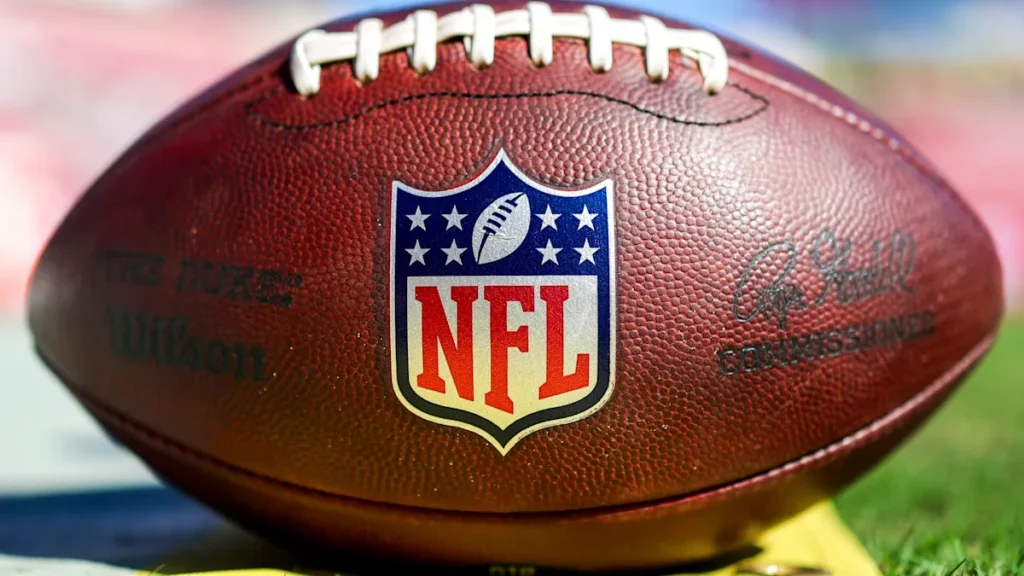The NFL Players Association annual newsletters work. The best proof? The NFL hates them.
The league hates them enough, according to ESPN.com’s Seth Wickersham and Don Van Natta Jr., filed a grievance regarding the practice.
Advertisement
The NFL contends that this effort violates the collective bargaining agreement. In an August 2025 letter from the league’s management council to NFLPA general counsel Tom DePaso, the NFL argued that the union must “make reasonable efforts to restrict public comments by club personnel or players who express criticism of a club, its coach, or its operations and policies.”
The union informed players of the grievance last week, adding that it planned to proceed with the investigation this year.
“We responded to the grievance with our intention to fight this action and continue what has clearly become an effective tool for comparing labor standards across the league and allowing you to make informed career decisions,” the NFLPA said in an email to its members.
Some owners have taken this review to heart by making changes. Others, like Jets owner Woody Johnson (who last month had no qualms about publicly criticizing his quarterback) have chosen to attack the process. This is obviously what dysfunctional teams will do when faced with real feedback about the overall operations of a dysfunctional company.
Advertisement
This is one of the NFLPA’s best innovations in years, as NFL team owners generally avoid any criticism or accountability. Fans are not inclined to boycott their favorite teams; even when they hate the product, their love for the team keeps them from emotionally detaching. So even when a team consistently loses, it continually wins the balance sheet battle.
As one owner told ESPN.com, “(T)he only owners who don’t care (about report cards) are the those who get poor grades“.
It is a symptom of the modern era. If you don’t like something, attack it. If there is a way to kill him through the legal channels available, even better.
Let’s hope the NFLPA stands firm and prevails. And if the NFL doesn’t like it, it can make an appropriate concession (high-quality turf fields in every stadium, for example) to get rid of it in the next CBA.

